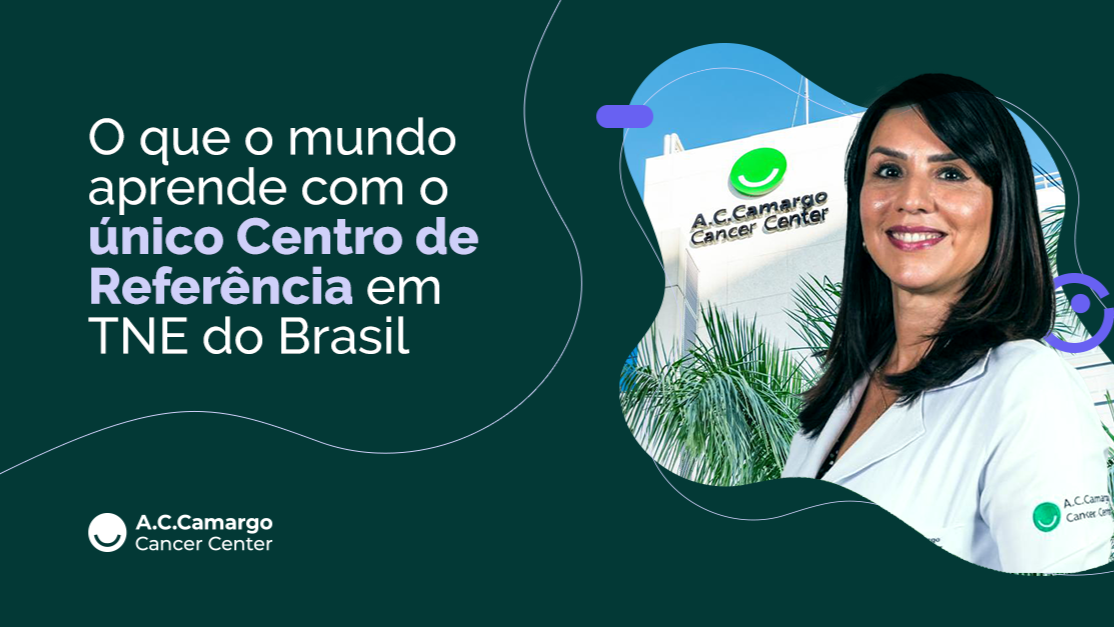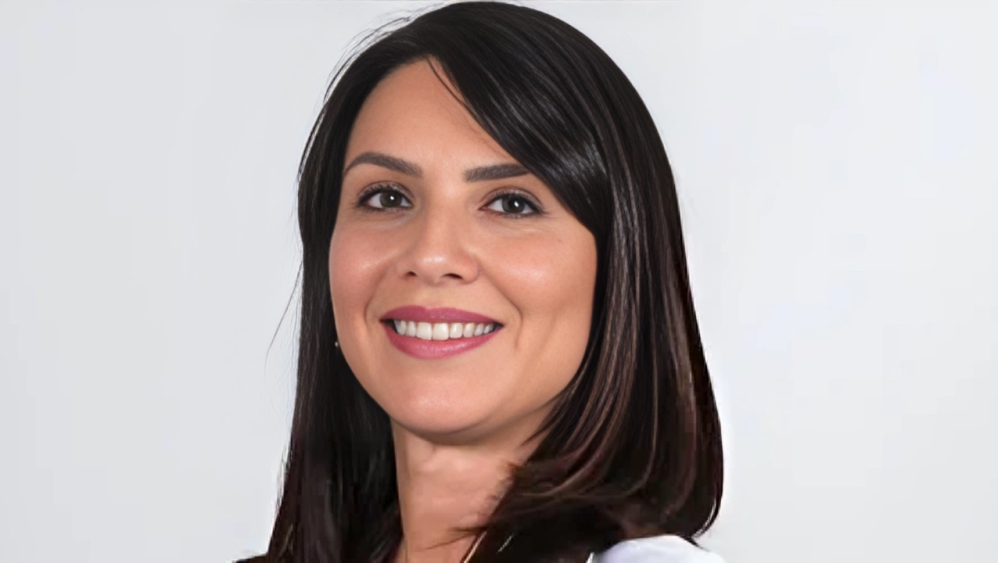Rachel Riechelmann, Director of Clinical Oncology, Head of Oncology, and Head of Neuroendocrine Tumors Reference Center at A.C.Camargo Cancer Center, shared a post on LinkedIn:
“Few areas of oncology demand as much integration between clinical practice and knowledge production as neuroendocrine tumors (NETs).
They are rare, complex, and often silent diseases. Even with advances in precision medicine, we still know little about what determines their behavior and therapeutic response.
In the last two decades, the number of NET diagnoses has grown significantly worldwide. A recent study from the United States, with more than 145,000 cases analyzed, showed that the age-adjusted incidence increased from 1.64 per 100,000 inhabitants in 1975 to 8.52 per 100,000 in 2021, with an estimated prevalence of 248,546 people living with the disease (JAMA Network Open, 2025).
This increase – one of the most significant among all solid neoplasms – demonstrates that NETs are no longer an epidemiological exception but represent a long-term global challenge, demanding specialized centers capable of integrating practice, research, and training.
In Brazil, a 2024 survey identified 15,859 cases in adults, predominantly male, with an average age below 65 years (Ribeiro KCB et al., 2024). Even so, there is significant underdiagnosis: many tumors are discovered incidentally, and some cases are not even included in national registries.
The numbers reinforce something I observe every day: there are still more questions than answers, and it is precisely this gap that drives us.
I have always believed that it is impossible to provide good care without a deep understanding of what we are treating. This is the principle that guides what we do at the A.C.Camargo Cancer Center, where I lead the only Reference Center for Neuroendocrine Tumors in the country.
Diagnosis is still a blind spot
A large proportion of patients arrive at the diagnosis by ‘chance,’ yet the interval between the onset of symptoms and diagnosis can exceed five years, according to international studies.
This is not just a matter of access, but of knowledge – a reflection of how little medicine still understands about the biology of these tumors.
There are indolent NETs, which coexist silently for years, and others with aggressive behavior, with rapid and unpredictable progression.
What differentiates them? Part of the answer lies in the molecular profile, and that is why research is inseparable from clinical practice.
A research hub without an equivalent in Latin America
At A.C.Camargo, we follow approximately 250 new patients with NETs per year, from all over Brazil and Latin America.
From 2000 to 2024, our Cancer Observatory recorded 1,962 diagnosed cases at A.C.Camargo, in addition to hundreds of other patients we followed throughout their treatment, mostly of gastrointestinal origin (70%), followed by lung (18%) and pancreas (12%).
No other service in the region systematically gathers tumor material, clinical data, and outcomes with this depth and consistency.
This volume of experience is what allows us to transform practice into science – and science into real impact on care.
Today, we conduct research on multiple fronts:
- Radiopharmaceuticals: we participate in studies with Actinium-225, a new generation of radioactive targeted therapy, more potent and selective than Lutetium-177 Dota, with promising disease control and a low toxicity profile
- Oral therapies: we test the replacement of injectable hormone therapy with tablets, which represents a real advance in quality of life and adherence to treatment
- Intelligent Dosing: Our studies on dose reduction of targeted therapies show that less can be more, the same efficacy with less toxicity
- Genetics and Molecular Biology: We have identified mutations, such as in the MUTYH gene, associated with more aggressive disease progression and, in some cases, response to immunotherapy, with complete remissions observed in patients treated based on these findings.
An ecosystem that learns from each patient
None of this would be possible without the integrated and multidisciplinary model that A.C.Camargo, as a Cancer Center, has built over decades.
Our Reference Center brings together clinical oncologists, surgeons, endocrinologists, nuclear medicine physicians, interventional radiologists, psychologists, and geneticists, among others – all connected around the same purpose.
This integrated structure allows for shared decision-making, continuity of care, and rapid access to research protocols. But, above all, it creates an environment where practice generates evidence, and evidence, in turn, transforms practice – which puts us in permanent dialogue with institutions and research groups around the world.
It was this teamwork, based on data, patients, and real questions, that led me to assume, in 2024, the position of Associate Director of ESMO – European Society for Medical Oncology, becoming the first professional working outside of Europe to join the institution’s Board of Directors.
More than a title, I see this role as an opportunity to bring the Latin American perspective to strategic decisions in global oncology and, at the same time, bring back to the country the debate on innovation, equity, and knowledge generation in rare tumors, such as neuroendocrine tumors.
An expanding field
Even with all the advances, NETs remain one of the great enigmas of modern oncology.
We know that early diagnosis is crucial, but we still lack reliable screening markers. We also know that the molecular profile is determinant, but there is still much to understand about the pathways that define tumor aggressiveness. Precisely for this reason, this is a fertile area for science and so urgent for the patient.
With each study, we get a little closer to the answers, and it is in this process that A.C.Camargo and Brazil are beginning to occupy a space that previously seemed restricted to the major centers of the Northern Hemisphere.
Being the only Reference Center for Neuroendocrine Tumors in the country is, above all, a scientific responsibility: to transform Brazilian clinical experience into a global contribution.”

More posts featuring Rachel Riechelmann.


